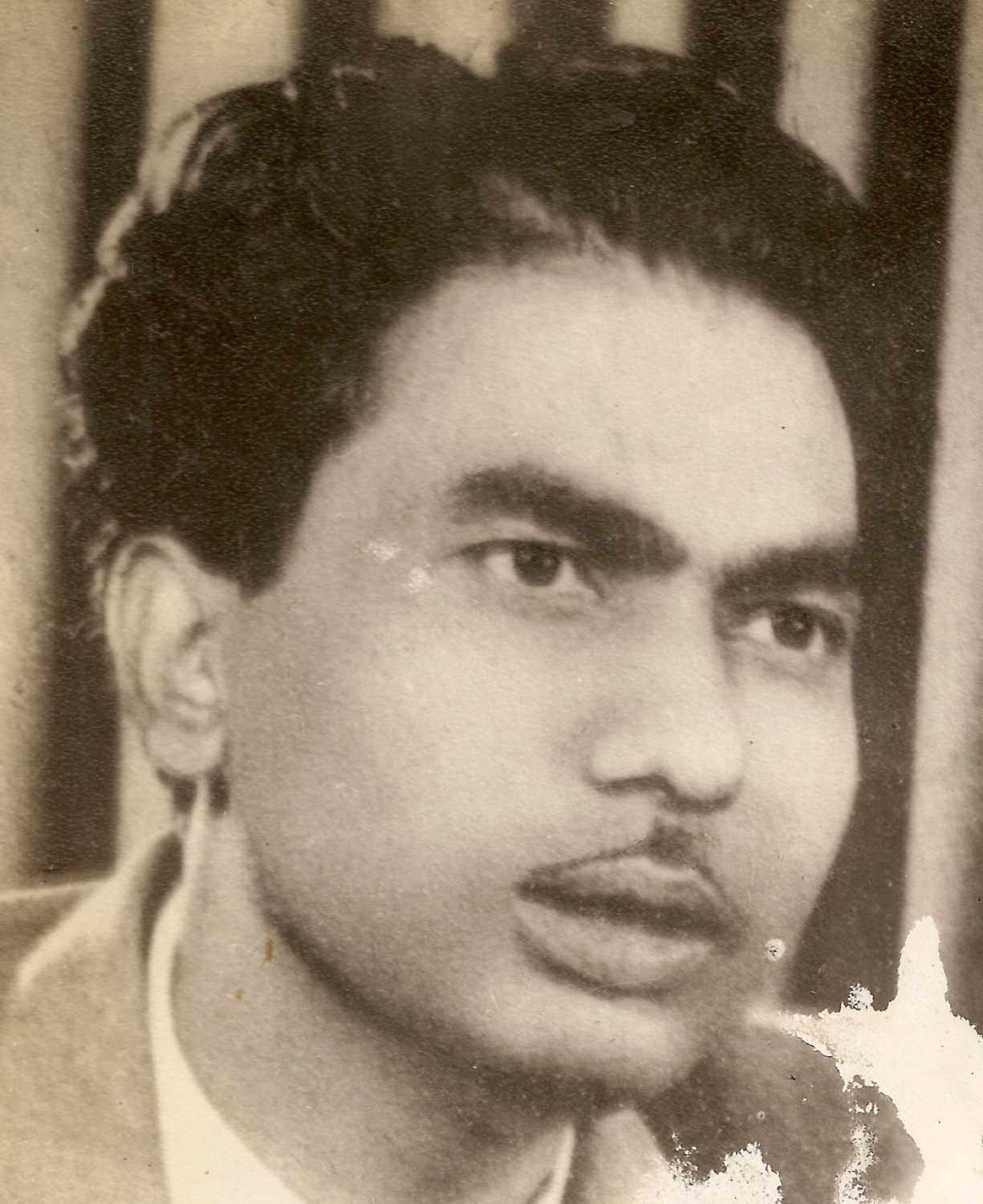On his 95th birth anniversary today (28 May), we take a look at the brief life and career of the talented music composer.
Remembering composer Vinod behind the 'La-ra-lappa' song
Mumbai - 28 May 2017 9:00 IST


Sonal Pandya
Born as Eric Roberts, the music composer was a Punjabi Christian who changed his name to Vinod when he joined the film industry. Hailing from Lahore, Pakistan, Vinod was born on 28 May 1922. It is said that as a young man, Vinod was fascinated by the band music played at Hindu weddings. He went on to learn music from Pandit Amarnath (the elder brother of the first music composer duo Husnlal-Bhagatram).
However, after Amarnath’s untimely death in 1945, he helped to finish his remaining compositions on films like Khamosh Nigahen (1946) and Paraye Bas Main (1946). None of these films got him much recognition.
Vinod became friendly with the top producer from Lahore Roop K Shorey and remained under long-term contract with Shorey Art Films. After Partition, when Shorey moved base to Mumbai, Vinod came with him.
There he composed his biggest hit song, ‘La-ra-lappa La-ra-rappa Lai Rakhada’ from Ek Thi Larki (1949) which remains hummable even today. Picturised on Shorey’s wife, Meena, the song would go on to become the highlight of both their careers. The song, based on a Pahari folk tune, was sung by Lata Mangeshkar, Mohammed Rafi and GM Durrani.
Vinod composed for both the Hindi and Punjabi film industries.
An article for the newspaper The Tribune noted that, “A characteristic trait of Vinod’s music was that he inserted Hindi songs in Punjabi films and Punjabi lyrics in Hindi film songs.” He used Mangeshkar's voice in a number of his Punjabi films like Chaman (1947) and Bhaiya Jee (1950) which became hits.
He continued working for films but to little success despite his grand talent and knowledge of Punjabi music.
Vinod passed away due to a sudden infection at age 37 on 25 December 1959, leaving behind a brief music career of only 32 films. Besides Ek Thi Larki (1946), he composed memorable music in films like Anmol Ratan (1950) and Ek Do Teen (1953).


